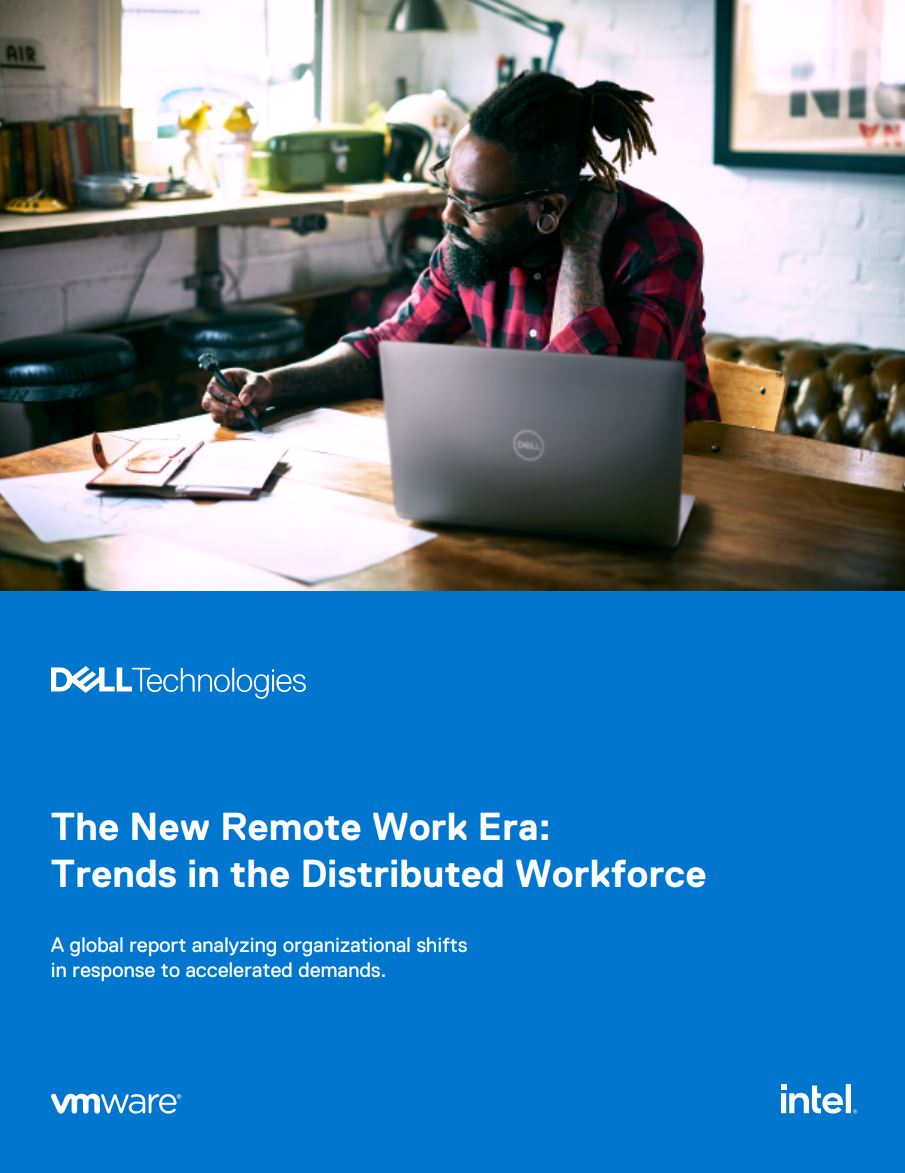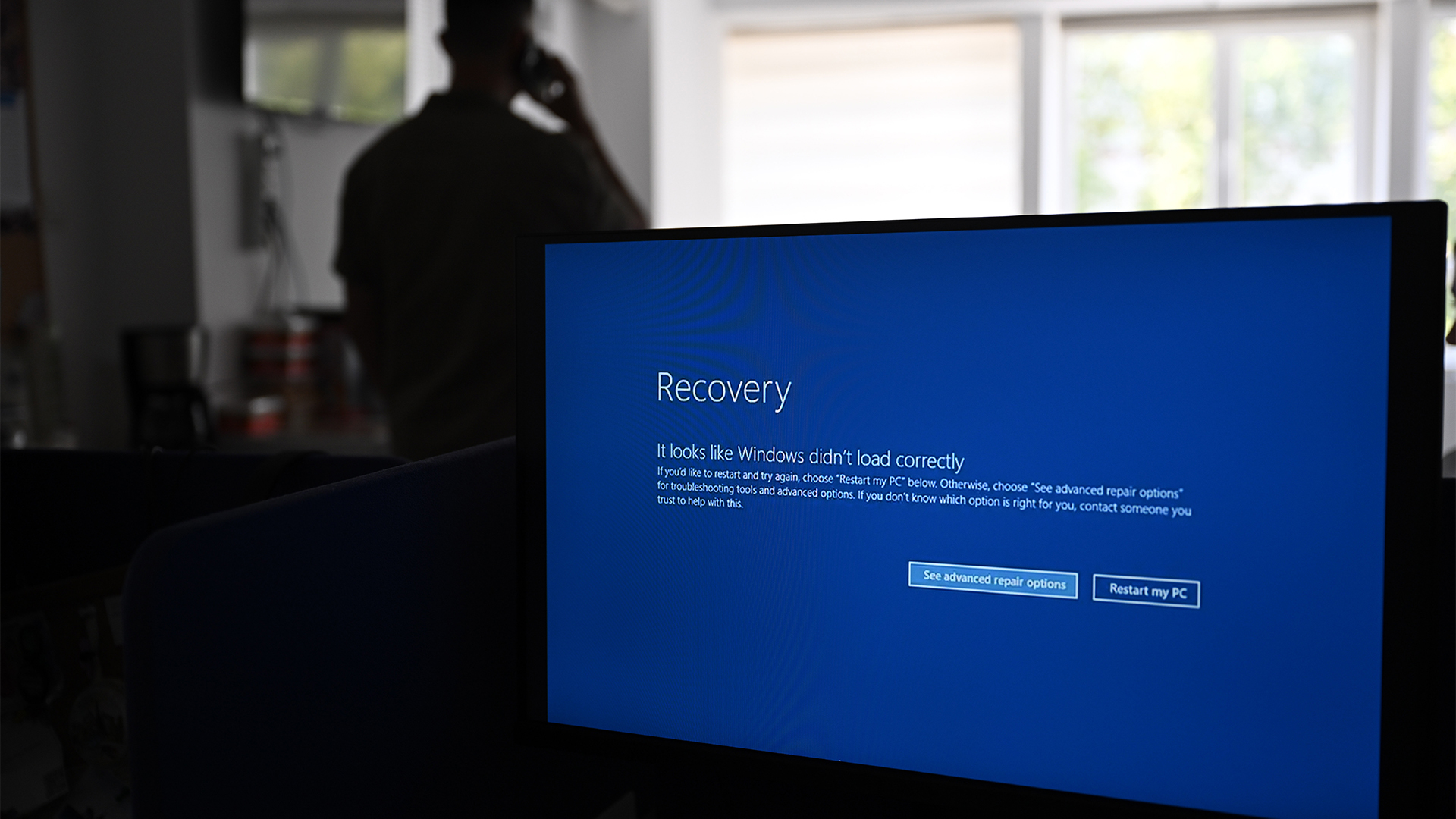Omicron variant: Should your business go back to working from home?
Business leaders have their say on on whether the UK needs new WFH guidance


Reported cases of the Omicron variant in both England and Scotland have led to calls for tough restrictions to be re-implemented across the UK.
Specifically, experts, including Sage, have called for a return to remote working to curb the rise in cases.
Little is known about the Omicron variant as yet, though health officials suggest it is more transmissible than the dominant Delta strain that was discovered at the end of 2020. However, new COVID cases have been steadily rising since October, according to the latest government figures. As of 2 December, there were 53,945 daily positive tests reported and 848 deaths over the previous seven days.
So far, ministers in Scotland, Wales, and Northern Ireland have all advised people to work from home if they can. England is the only nation in the UK to not follow suit, with Boris Johnson commenting that working from home was "not currently necessary" when asked during a press conference on 30 November.
That was backed by the UK's health secretary, Sajid Javid, who told BBC's Andrew Marr: "I don't think [WFH] is necessary, because this is about taking proportionate action against the risks that we face."
Returning to the office has been a dominant topic of discussion throughout 2021, but the year is in danger of ending as it began, with the public forced back in doors. The first minister of Scotland, Nicola Sturgeon, recently said that remote working would give Scotland "the best possible chance of enjoying not just a more normal Christmas, but a safer Christmas".
Hybrid offices
Whether or not organisations are advised to work remotely, Andrew Mawson, co-founder and director of global consultancy Advanced Workplace Associates, believes it's crucial to acknowledge that the UK is in a completely different place to where it was last year.
Sign up today and you will receive a free copy of our Future Focus 2025 report - the leading guidance on AI, cybersecurity and other IT challenges as per 700+ senior executives
"There is no comparison between being told to work remotely in March 2020 and being told to do so now," Mawson said. "Based on our research and the conversations we are having with clients, most organisations have already embraced a hybrid way of working where employees split their time between working remotely and being physically in the office, and they are utilising that model rather effectively and productively.
"So as they are working remotely anyway, and in today's tech and virtually-led workplace, I'm more than confident that employees can adapt and it will be 'business as usual' if the government reintroduces a remote working directive," he added.
RELATED RESOURCE

Despite many businesses being more ready than ever to make the switch back, Jitesh Patel, the CEO of office design company Peldon Rose, suggests a complete remote working mandate should still be a last resort, ultimately decided by individuals and businesses.
"If staff feel safe, and companies are responsible in the way they are operating, I expect employees will assess how they feel and make a decision based on their individual situation," Patel said. "It is therefore up to companies to ensure their employees have a safe environment to work from, whilst helping to reduce the spread of the new variant."
The issue is far more complicated than simply deciding to usher in new policies, as each business also has a duty to keep its employees happy and, most importantly, remain open to their concerns, according to Astrid Beekhuis, director of HR at US chemical firm Momentive.
"It is crucial that businesses are listening to their employees at this time," Beekhuis said. "Feedback has never been more important in shaping office policies as staff may be more apprehensive about travelling into the office to work."
Asam Akhtar, the UK channel manager for workplace platform Envoy suggests the most effective way the government and businesses can protect the health and safety of employees is by implementing COVID testing requirements that call for weekly tests.
"Unfortunately, it looks like we may be living with Covid and its variants for the foreseeable future, so we have to learn how to create safe workplaces where people can continue to connect in-person, collaborate and thrive," Akhtar said. "The first step is being vigilant about safety precautions. The next step is helping employers implement the right technology to make real-time, data-informed decisions that make work spaces safer."
The "great resignation"
UK employees have been reporting anxiety around the return to work long before the discovery of the Omicron variant. According to research from RingCentral, around 66% would rather continue working from home and 65% suggested they would rather clean the toilet than go back to commuting. What's more, around 25% said they would look for a new job if they were forced back into the office.
Over 700,000 Brits moved jobs from April to June 2021, according to the Office for National Statistics (ONS). That roughly equates to 2.6% of the UK's workforce, which is the highest in a decade. RingCentral's research suggests that this apparent "great resignation" is actually being driven by younger people, with almost a third (32%) of those aged 21-24 suggesting they plan to leave their place of employment, with a further 27% planning to leave in the next six months. What's more, a third (33%) of those aged between 25-34, suggested they would look for a new job if their employer changes their work model to a more in-person approach.
"The last 18 months have proven that with the right collaboration tools, it is possible not only to build highly productive teams, but also meaningful human connections with colleagues to generate positive working relationships," Steve Rafferty, country manager, UK and Ireland, RingCentral, said. "One way or another, the data is clear: if businesses want to retain their staff they need to offer an environment that caters to modern needs."
Bobby Hellard is ITPro's Reviews Editor and has worked on CloudPro and ChannelPro since 2018. In his time at ITPro, Bobby has covered stories for all the major technology companies, such as Apple, Microsoft, Amazon and Facebook, and regularly attends industry-leading events such as AWS Re:Invent and Google Cloud Next.
Bobby mainly covers hardware reviews, but you will also recognize him as the face of many of our video reviews of laptops and smartphones.
-
 TPUs: Google's home advantage
TPUs: Google's home advantageITPro Podcast How does TPU v7 stack up against Nvidia's latest chips – and can Google scale AI using only its own supply?
-
 Microsoft Excel is still alive and kicking at 40
Microsoft Excel is still alive and kicking at 40News A recent survey found Gen Z and Millennial finance professionals have a strong “emotional attachment” to Microsoft Excel
-
 Infosys co-founder Narayana Murthy called for a 70 hour week last year — now he says that’s not enough
Infosys co-founder Narayana Murthy called for a 70 hour week last year — now he says that’s not enoughNews Murthy thinks longer hours akin to China’s '996' approach are the key to success
-
 Microsoft could be preparing for a crackdown on remote work
Microsoft could be preparing for a crackdown on remote workNews The tech giant is the latest to implement stricter policies around hybrid working without requiring a full five days in the office
-
 IT professionals aren’t budging on flexible work demands – and more than half say they’ll quit if employers don’t meet expectations
IT professionals aren’t budging on flexible work demands – and more than half say they’ll quit if employers don’t meet expectationsNews Analysis from Randstad shows 40% of UK-based IT pros have quit over a lack of flexible work options, while 31% of workers globally have done the same.
-
 'Digital hide-and-seek': Workers are wasting hundreds of hours a year sourcing the information they need to carry out their role
'Digital hide-and-seek': Workers are wasting hundreds of hours a year sourcing the information they need to carry out their roleNews Knowledge workers globally are wasting a quarter of their working week tracking down information, new research from Atlassian has revealed.
-
 'The tide seems to be turning towards office attendance': 64% of hybrid business leaders want staff back in the office – but many worry that enforcing RTO mandates will drive employees away
'The tide seems to be turning towards office attendance': 64% of hybrid business leaders want staff back in the office – but many worry that enforcing RTO mandates will drive employees awayAnalysis Many UK business leaders want their staff back in the office more frequently, but they’re scared to implement return to office (RTO) mandates in fear of worker revolts.
-
 Employees are dead set on flexible working arrangements – three quarters would turn down a role that didn't offer hybrid options as work-life balance becomes more important than pay
Employees are dead set on flexible working arrangements – three quarters would turn down a role that didn't offer hybrid options as work-life balance becomes more important than payNews New research shows workers are increasingly demanding flexible working arrangements from employers.
-
 Nearly half of tech workers are seeking new roles – declining employee benefits and reduced flexible working options have staff looking elsewhere
Nearly half of tech workers are seeking new roles – declining employee benefits and reduced flexible working options have staff looking elsewhereNews While salaries are rising for tech workers, other benefits are in decline, leading to a fall in job satisfaction
-
 It's been two weeks since CrowdStrike caused a global IT outage – what lessons should we learn?
It's been two weeks since CrowdStrike caused a global IT outage – what lessons should we learn?Opinion The incident on 19 July was possibly the biggest IT outage to date
